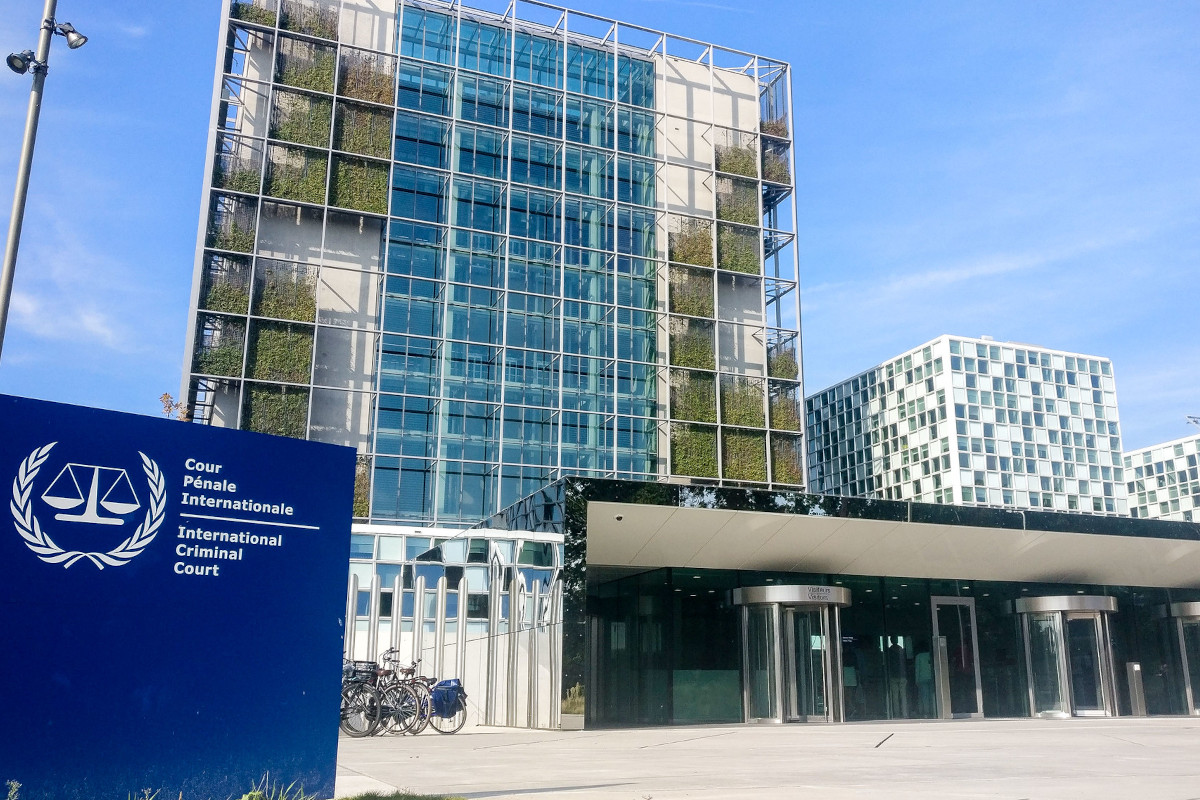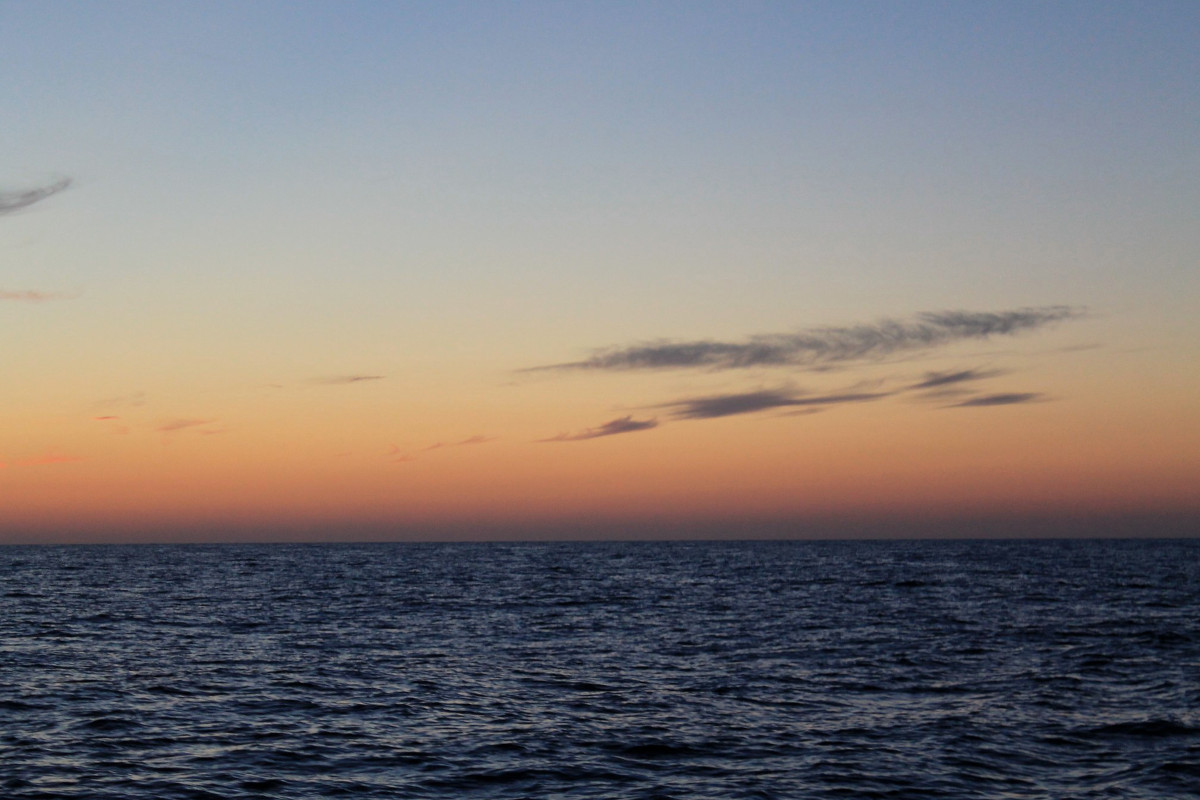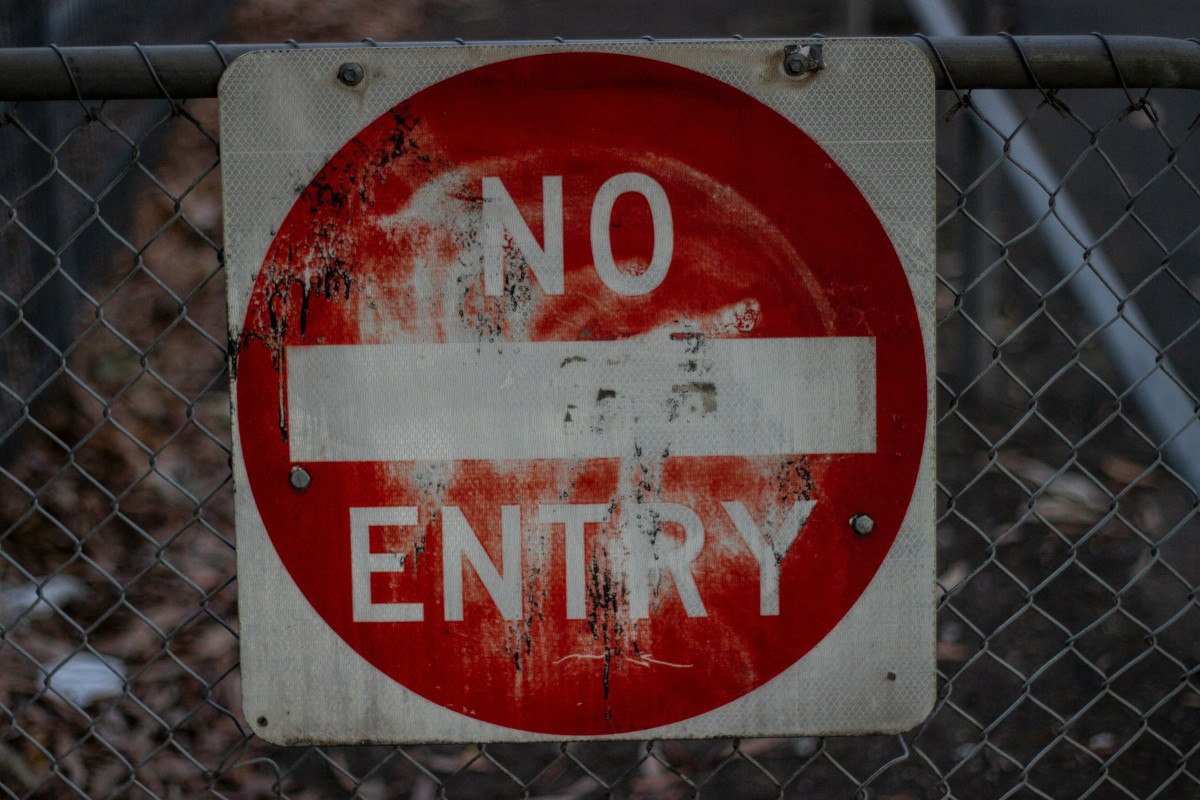Italian ministers should face justice for freeing fugitive war criminal, says legal complaint
Topic
Country/Region
07 February 2025
A case filed with the International Criminal Court calls for the launching of investigations into Giorgia Meloni, the Italian prime minister, and two other high-ranking Italian politicians. The complaint accuses them of helping an alleged war criminal wanted by the ICC to escape from Italy to Libya. In doing so, they obstructed the work of the International Criminal Court, says the filing - a crime under international law.
Support our work: become a Friend of Statewatch from as little as £1/€1 per month.

Image: jbdodane, CC BY-NC 2.0
The International Criminal Court (ICC) should open an investigation against three high-ranking Italian government ministers for obstructing an investigation into crimes against humanity, says a legal complaint filed on Wednesday (pdf).
The ministers enabled the release of Osama Elmasry (known as 'Al Masri') from Italian custody and his travel back to Libya.
Al-Masri is wanted by the ICC for multiple crimes against humanity and war crimes committed against citizens and migrants in Libya: outrages upon personal dignity, cruel treatment, torture, sexual violence, murder and rape.
He was arrested in Turin on 19 January but subsequently released and transported back to Libya on an Italian government jet.
The ministers named in the complaint are Giorgia Meloni (the prime minister), Carlo Nordio (justice) and Matteo Piantedosi (interior).
The filing argues that Al-Masri was released from custody "to prevent [him] from providing incriminating information on their involvement in the crimes he is accused of".
This constitutes a breach of Article 70 of the Rome Statute, says the complaint: "obstructing or interfering with the attendance or testimony of a witness."
The ministers' actions also amount to "a serious breach of Italy’s obligation to cooperate with the ICC," the complaint goes on to say. Article 89 of the Rome Statute obliges signatory states to cooperate with the court.
The complaint argues that the crimes of which al-Masri is accused "were enhanced, prorogated, and intensified" by the ministers.
It also argues that the Italian government as well as the EU should be investigated by the ICC for aiding the commission of crimes against humanity in Libya and the Mediterranean, though this is not the subject of the filing.
"Aware of their potential criminal liability before the International Criminal Court, the Suspects [the Italian ministers] were equally aware that Al-Masri’s surrender to the Court would have given the ICC access to a key witness and potentially a holder of additional evidence on their implication in crimes against humanity directed against a singled out civilian population (‘migrants’), whether the group is targeted before or after its members attempt to flee Libya via the Central Mediterranean route," says the document.
The Italian journalist Valerio Nicolosi has made the same argument.
"Italy handing over al-Masri to the ICC would have also been a de facto admission of complicity in the human rights violations that took place in Libya’s detention centers," The Media Line reports him as saying.
Nicolosi also noted the political stakes for the Italian government, which is intent on stopping unauthorised migration across the Mediterranean.
“If Italy had handed over al-Masri to the ICC, it would have faced immediate repercussions. The flow of migrants would have been used as a form of punishment, a direct consequence of defying the power structures in Libya," he said.
The case filed at the ICC on Wednesday must be accepted by the Prosecutor before any investigation can begin into the Italian ministers.
Documentation
Our work is only possible with your support.
Become a Friend of Statewatch from as little as £1/€1 per month.
Further reading

Serial shipwrecks on the Libyan route: the price of deterrence
In just one week in November, more than 600 people in unseaworthy vessels were intercepted on the high seas and taken back to Libyan shores, where conditions remain appalling. This is the result of cooperation between Italy, Frontex and Libyan bodies that flies in the face of international law.
Spotted an error? If you've spotted a problem with this page, just click once to let us know.
